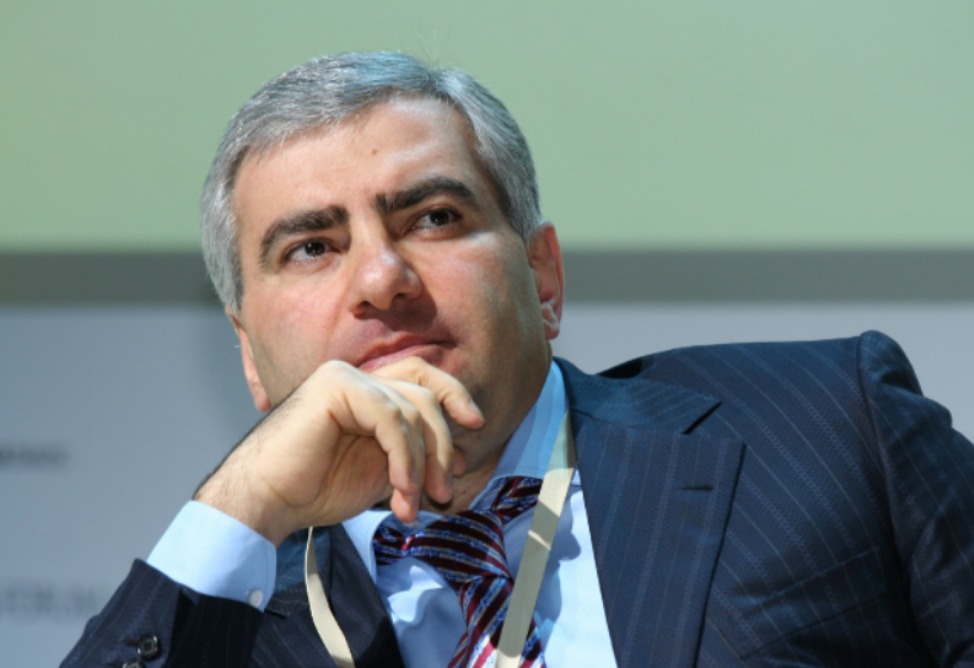Armenian and Azerbaijani foreign ministers likely to meet in Munich
05.02.2019,
17:10
The press secretary for the Armenian Foreign Ministry Anna Naghdalyan said today that the foreign ministers of Armenia and Azerbaijan Zohrab Mnatsakanyan and Elmar Mammadyarov are likely to have another meeting in Munich, Germany over the Nagorno-Karabakh conflict.

YEREVAN, February 5. /ARKA/. The press secretary for the Armenian Foreign Ministry Anna Naghdalyan said today that the foreign ministers of Armenia and Azerbaijan Zohrab Mnatsakanyan and Elmar Mammadyarov are likely to have another meeting in Munich, Germany over the Nagorno-Karabakh conflict.
She said both ministers will be taking part in the Munich Security Forum, slated for February 16-17.
Naghdalyan also noted that in Munich Mnatsakanyan is set to have meetings with some of his foreign counterparts.
The Nagorno-Karabakh conflict erupted into armed clashes after the collapse of the Soviet Union in the early 1990s as the predominantly Armenian-populated enclave of Azerbaijan sought to secede from Azerbaijan and declared its independence backed by a successful referendum.
On May 12, 1994, the Bishkek cease-fire agreement put an end to the military operations. A truce was brokered by Russia in 1994, although no permanent peace agreement has been signed. Since then, Nagorno-Karabakh and several adjacent regions have been under the control of Armenian forces of Karabakh. Nagorno-Karabakh is the longest-running post-Soviet era conflict and has continued to simmer despite the relative peace of the past two decades, with snipers causing tens of deaths a year.
On April 2, 2016, Azerbaijan launched military assaults along the entire perimeter of its contact line with Nagorno-Karabakh. Four days later a cease-fire was reached. -0-
She said both ministers will be taking part in the Munich Security Forum, slated for February 16-17.
Naghdalyan also noted that in Munich Mnatsakanyan is set to have meetings with some of his foreign counterparts.
The Nagorno-Karabakh conflict erupted into armed clashes after the collapse of the Soviet Union in the early 1990s as the predominantly Armenian-populated enclave of Azerbaijan sought to secede from Azerbaijan and declared its independence backed by a successful referendum.
On May 12, 1994, the Bishkek cease-fire agreement put an end to the military operations. A truce was brokered by Russia in 1994, although no permanent peace agreement has been signed. Since then, Nagorno-Karabakh and several adjacent regions have been under the control of Armenian forces of Karabakh. Nagorno-Karabakh is the longest-running post-Soviet era conflict and has continued to simmer despite the relative peace of the past two decades, with snipers causing tens of deaths a year.
On April 2, 2016, Azerbaijan launched military assaults along the entire perimeter of its contact line with Nagorno-Karabakh. Four days later a cease-fire was reached. -0-



